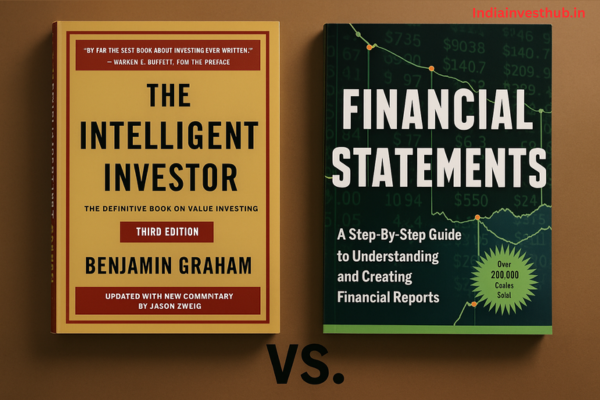When it comes to learning about investing and financial literacy, most beginners feel overwhelmed. According to a 2023 FINRA Investor Education Foundation survey, 66% of U.S. adults lack basic financial literacy skills (source: FINRA). This gap explains why so many new investors struggle when trying to understand company reports or make smart long-term investments. If you’ve ever stood in a bookstore or browsed online wondering which book to pick — The Intelligent Investor by Benjamin Graham or Financial Statements: A Step-by-Step Guide to Understanding and Creating Financial Reports by Thomas Ittelson — you are not alone.
At Indiainvesthub, we understand that the right financial book can change the way you approach investing. To help you decide, we’ve put together a complete comparison of The Intelligent Investor vs Financial Statements. This article will break down their overviews, key features, pros, cons, and even real customer experiences to guide you in choosing the book that aligns with your financial journey.
1) The Intelligent Investor by Benjamin Graham: An Overview
First published in 1949, The Intelligent Investor is widely regarded as the “bible of value investing.” Warren Buffett, one of the most successful investors of all time, famously said it is “by far the best book about investing ever written.” Graham emphasizes the principles of patience, discipline, and understanding intrinsic value rather than chasing trends.
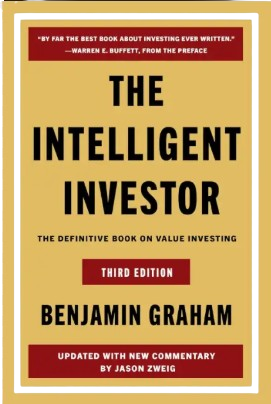
🔗 Check Price on Amazon
Price Range in India (2025): ₹587 – ₹787
Key Features:
- Value Investing Principles: Focus on long-term wealth building through careful stock selection.
- Margin of Safety Concept: Learn how to minimize risk while maximizing returns.
- Mr. Market Analogy: Teaches emotional discipline by viewing the stock market as an irrational business partner.
- Updated Commentaries: Later editions include modern insights from financial journalists like Jason Zweig.
Pros:
- ✅Timeless lessons in value investing.
- ✅Trusted by legendary investors like Warren Buffett.
- ✅Ideal for building a strong investing mindset.
Cons:
- ❌Dense and theoretical in some sections.
- ❌Not beginner-friendly for readers without prior finance knowledge.
- ❌Limited focus on modern-day investing tools.
Real Customer Experiences:
👉“It is only for long-term investors and not for short-term speculators.
Suggestion: Read the commentary first, then read the chapter for better understanding.”
👉”Who was Benjamin Graham? Well:
- He was the man who systematized the financial analysis of common stocks and founded the school of value investing.
- A stockbroker with one of the best long-term (20+ years) investing records in the world.
- The driving force behind the creation of the CFA certification.
- An extraordinary teacher — the guru of many of the best investors the world has seen, including Warren Buffett. His classic books on investing remain among the most widely read and frequently revisited by financial analysts.
The Intelligent Investor is Graham’s comprehensive advice to the lay investor. Jason Zweig’s commentary, though sometimes an annoying interruption to the wisdom of the fountainhead, is at times necessary — even a welcome update that saves valuable time for today’s readers.
It is easily a five-star book, but not an easy read. Here, “lay investor” does not always translate to “lay reader.”
2) Financial Statements by Thomas Ittelson: An Overview
Thomas Ittelson’s Financial Statements: A Step-by-Step Guide to Understanding and Creating Financial Reports is a practical, hands-on book that teaches readers how to read, interpret, and create balance sheets, income statements, and cash flow statements. Unlike Graham’s philosophical approach, this book focuses on the technical language of business and accounting.
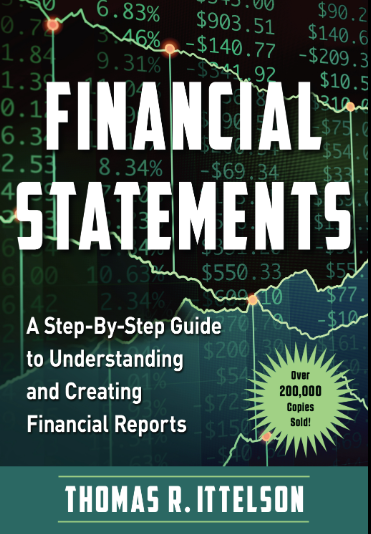
🔗 Check Price on Amazon
Price Range in India (2025): ₹1,696 – ₹1,896
Key Features:
- Step-by-Step Guidance: Explains accounting terms in plain English.
- Practical Examples: Uses real-world business cases to illustrate financial statements.
- Visual Aids: Charts, diagrams, and tables simplify complex concepts.
- For Entrepreneurs and Investors: Helps both business owners and stock market learners.
Pros:
- ✅Easy-to-understand language for non-finance readers.
- ✅Practical approach to financial literacy.
- ✅Great for entrepreneurs and small business owners.
Cons:
- ❌Lacks deep investing strategies.
- ❌More about accounting mechanics than wealth-building.
- ❌May feel basic for advanced finance students.
Real Customer Experiences:
👉“I have read many books on financial statements and analysis, but this is the easiest and most accessible one. It is also very comprehensive, covering all the essential points. This is the best book to learn about financial statements, and it will benefit every fundamental stock investor to read it. I wholeheartedly recommend this book.”
👉“I used this book for a business course in college, and it was a huge help. It breaks down financial concepts in a clear, straightforward way, making them easy to understand even for beginners. Whether you’re a student or just looking to improve your financial literacy, this is a solid choice. The product arrived in perfect condition with fast shipping. I’d recommend this textbook to anyone needing a foundation in financial statements.”
Top 10 Technical Analysis Books Every Trader and Investor Should Read
The Intelligent Investor vs Financial Statements – Comparison Table
Feature | The Intelligent Investor (Benjamin Graham) | Financial Statements (Thomas Ittelson) |
|---|---|---|
Image | 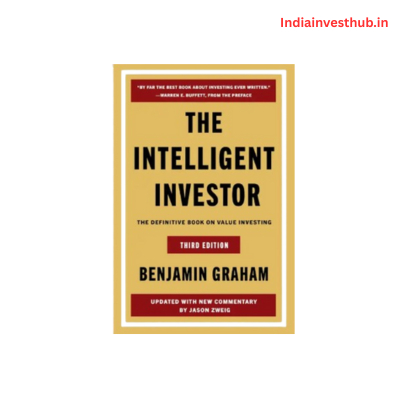 | 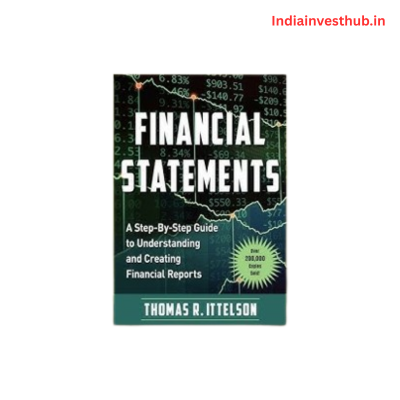 |
Focus | Value investing principles, discipline, long-term wealth | Understanding and creating financial reports |
Target Audience | Investors seeking long-term strategies | Entrepreneurs, business students, beginners in finance |
Style | Philosophical, theory-driven | Practical, hands-on with visuals |
Difficulty Level | Moderate to Advanced | Beginner to Moderate |
Customer Rating | 4.5 Out of 5 | 4.6 Out of 5 |
Best For | Building investing mindset | Learning accounting basics |
Buy |
Top 5 Best Books to Learn Fundamental Analysis for Beginners and Investors
FAQs – The Intelligent Investor vs Financial Statements
Q1: Which book is better for a beginner?
👉If you’re new to finance and want to learn how to read balance sheets and profit statements, Financial Statements is more approachable.
Q2: Which book is better for long-term investing knowledge?
👉The Intelligent Investor is ideal for those who want to learn the philosophy of value investing and develop a disciplined mindset.
Q3: Can these books complement each other?
👉Yes. Many successful learners start with Financial Statements to build accounting knowledge, then move to The Intelligent Investor for strategic investing.
Q4: Are these books relevant in 2025?
👉Absolutely. While The Intelligent Investor offers timeless principles, Financial Statements provides the practical foundation needed in today’s business world.
Q5: Which book should I read first?
👉If you struggle with numbers, start with Financial Statements. If you want to learn investing philosophy directly, begin with The Intelligent Investor.
Conclusion:
Choosing between The Intelligent Investor vs Financial Statements depends on where you are in your financial learning journey. If you want to build a mindset around value investing, Graham’s classic is the right choice. If you want to understand how businesses present their financial health, Ittelson’s book is the way forward.
So, when it comes to your personal journey, which book will you pick up first — the timeless wisdom of Benjamin Graham or the practical clarity of Thomas Ittelson?

